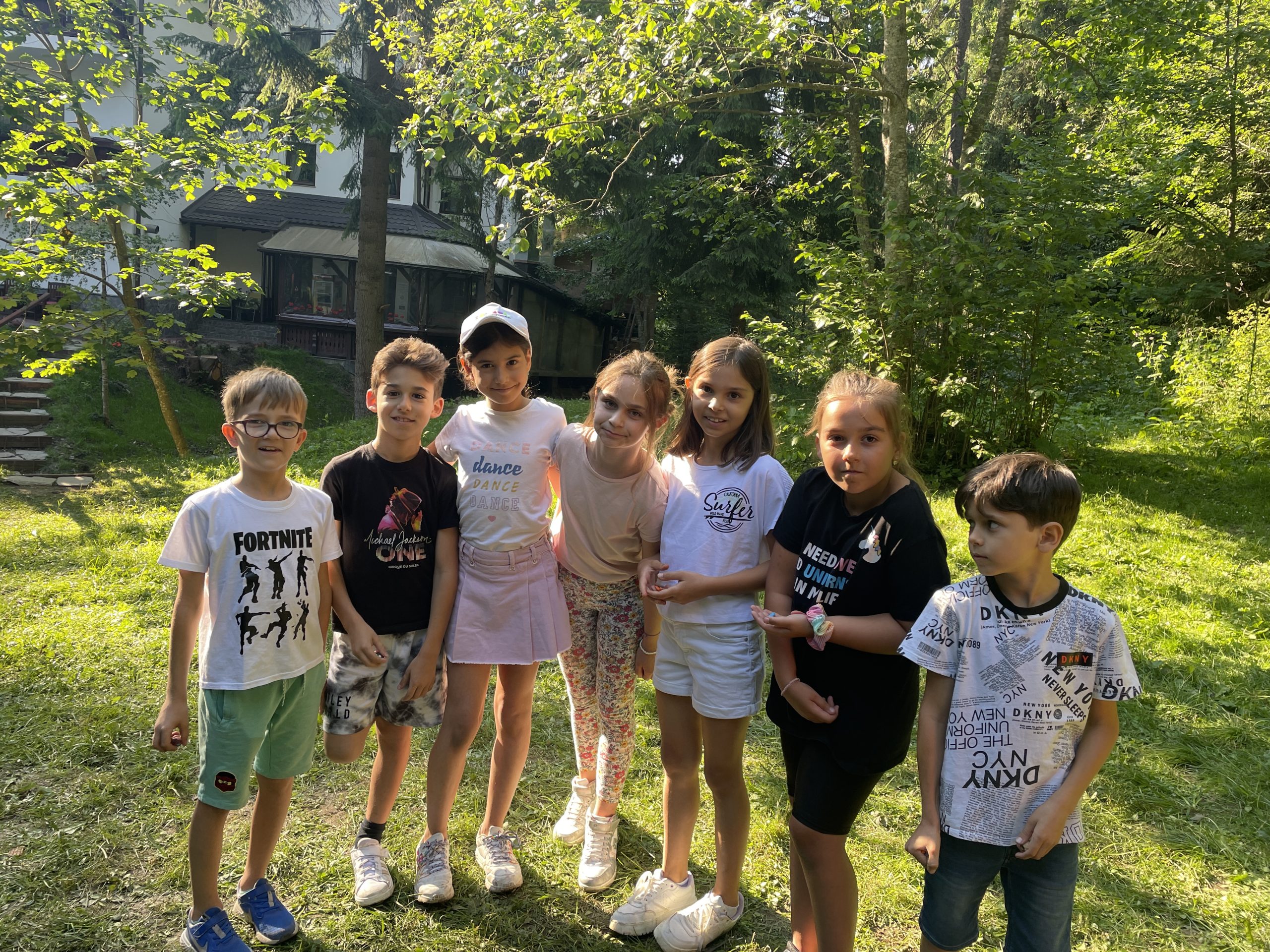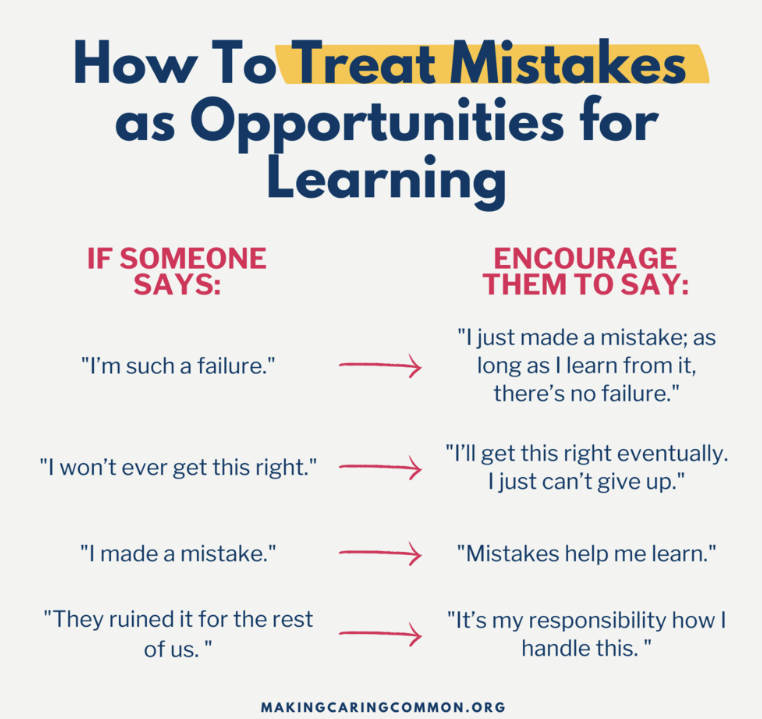
What do we do when we make mistakes?
Mistakes often trigger strong emotions: we feel ashamed or embarrassed when we make them, disappointed or frustrated. However, if we are honest, we find that we can learn real lessons from our mistakes. Learning happens when we get help to understand our mistakes and their consequences and support to make the necessary corrections.
It's normal to make mistakes or fail to achieve all the goals we set out for. But it's the personal stories or explanations we create about these mistakes that matter to how we feel and how we deal with them—now and in the future. Reframing mistakes as opportunities to learn from—rather than just failures—can help us feel capable and in control. Reframing can also help us handle future mistakes more effectively. Adults can help children figure out how to approach mistakes constructively by modeling this behavior. Talking openly about your own mistakes can be challenging, but doing so regularly teaches children that mistakes are something to learn from, rather than something to hide.
1. Talk openly about mistakes
Share about a time you made a mistake: what happened, how you handled the situation (even if it wasn't too good, at first), and what you learned. This will most likely come naturally when children experience failure or make a mistake and you want to relate to them. For example, if they failed a test, you could share a time you failed an exam yourself – you could share that you learned to start studying earlier or ask your teacher for extra help before your next test.
2. Rethink mistakes as learning opportunities
You could point out that it can be unpleasant to make a mistake, but try to stay positive and reframe mistakes as learning opportunities. Talking about mistakes can be hard, but with the right language, they will eventually become sources of inspiration, not shame.

3. Identify the opportunities around you
One of the best ways to learn something is to apply it to your everyday life. So encourage each other to notice the mistakes around you – and find opportunities to fix them. For example, you might notice that a friend is always late for soccer practice because they snooze the alarm too many times. How can we fix this?
4. Build a routine
Talk about mistakes and lessons learned during weekly activities such as mealtime or play activities. If the little ones can't identify a situation where they've faced failure, share a personal example. We need to cuddle mistakes and find the best solutions to solve them. At school, at home, in everyday life, we can fail to achieve our goals, and it's natural to do so. It is valuable and imperative that we treat them with openness and take valuable lessons from these experiences.
Tag:opportunity, mistakes
